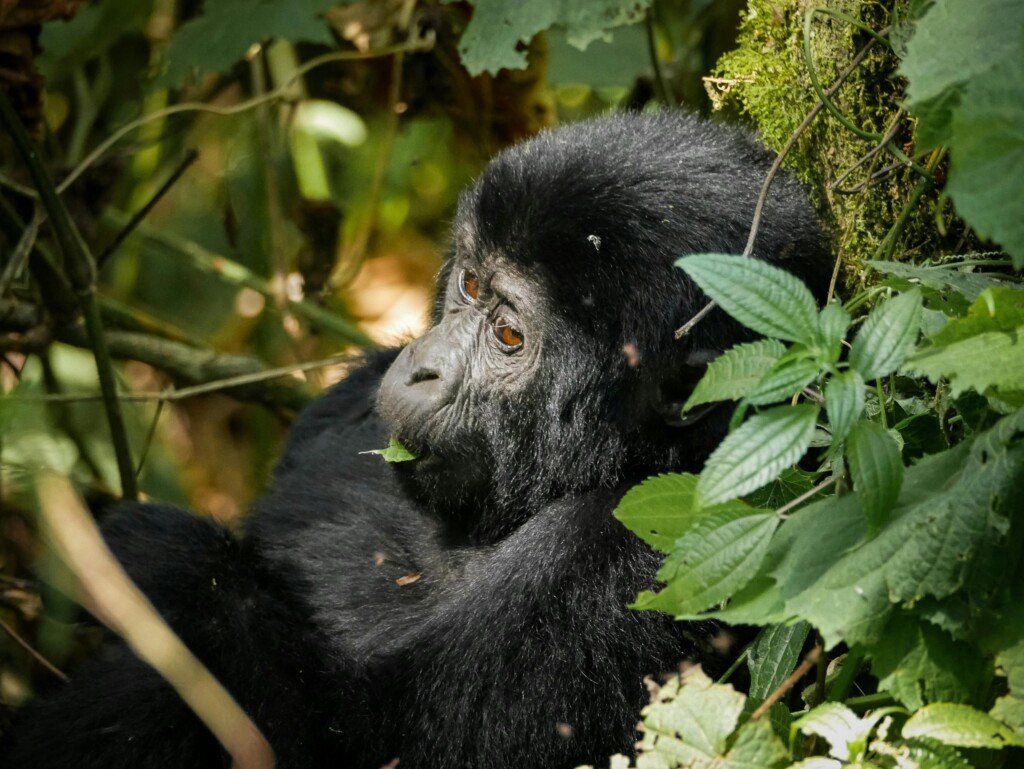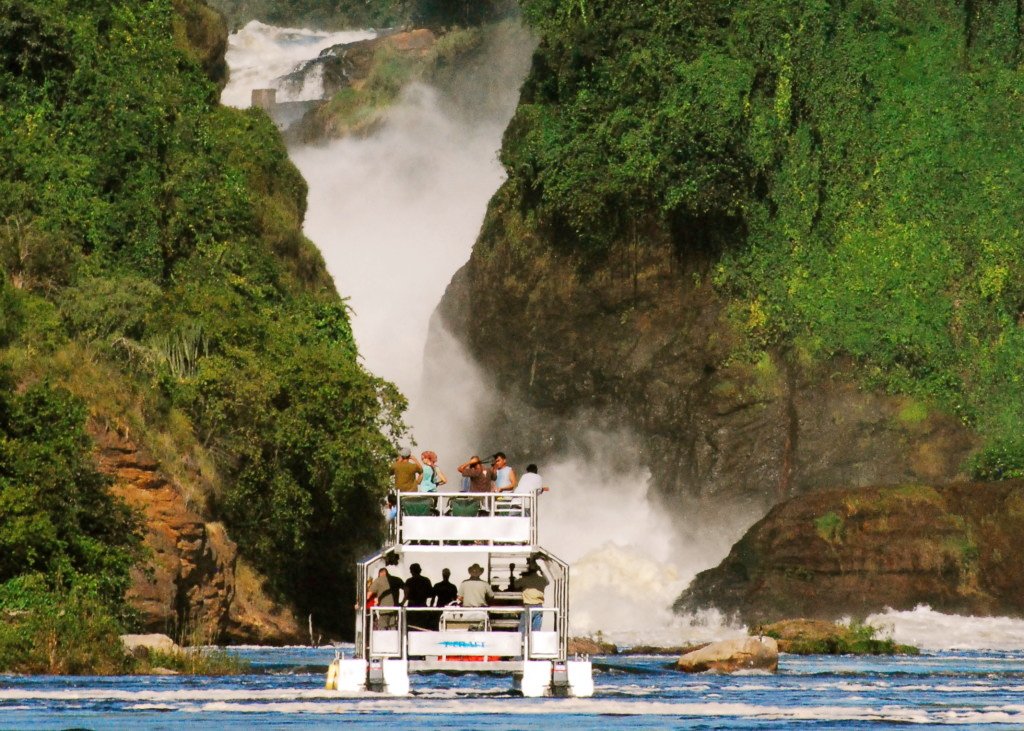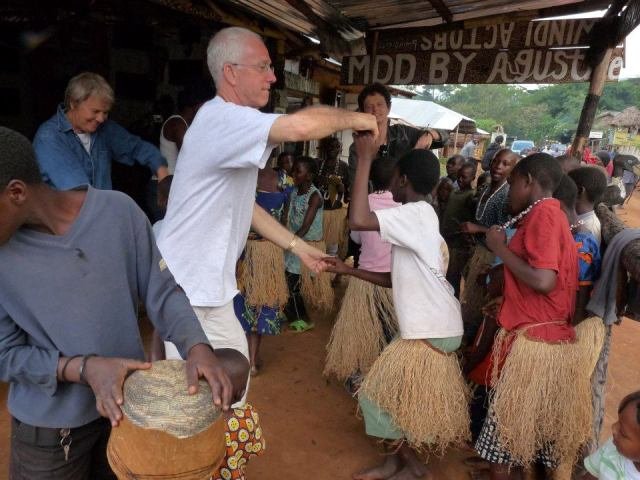Responsible Travel Tips for Uganda: How to Explore with Care
Why Responsible Travel in Uganda Matters
Uganda is often called the “Pearl of Africa” for its breathtaking landscapes, wildlife, and warm people. From trekking to mountain gorillas in Bwindi to gliding across Lake Bunyonyi, Uganda offers unforgettable adventures. But with great beauty comes responsibility.
Table of Contents
Responsible travel in Uganda ensures that your journey not only creates memories for you but also benefits the communities you meet and preserves the environment for future generations.
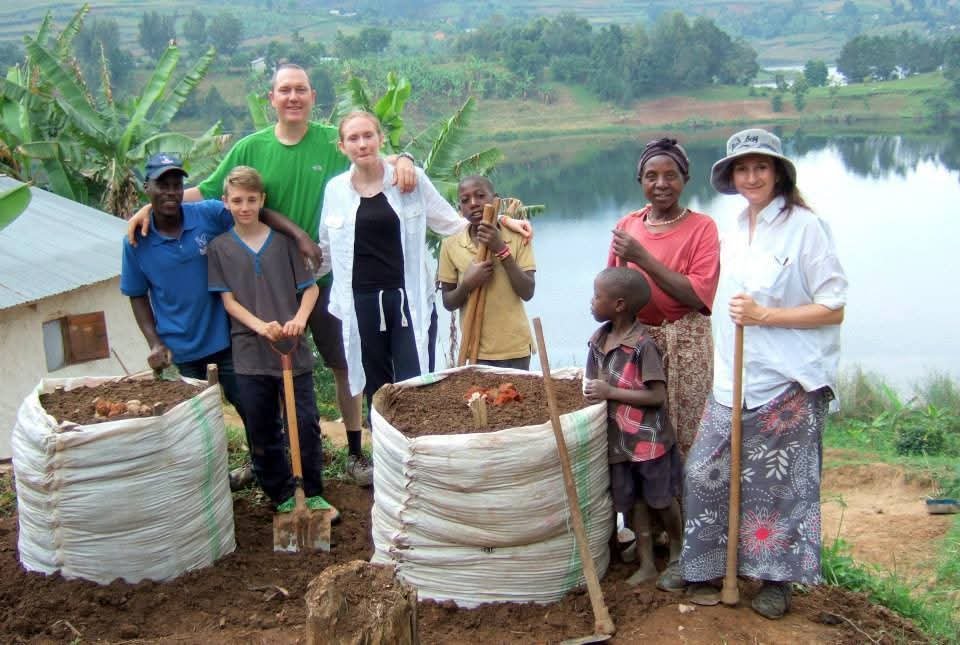
Tip 1: Respect Local Culture and Traditions
Uganda’s cultural heritage is rich and diverse, with more than 50 ethnic groups across the country. A few small gestures can go a long way in showing respect:
- Learn a greeting: Saying “Oraire ota?” (How are you? in Rukiga) or “Webare” (Thank you in Luganda) will make locals smile.
- Dress modestly: In villages, shoulders and knees should be covered. Reserve swimwear for beaches and lodges.
- Ask before taking photos: Always request permission before photographing people, especially in rural areas or at markets.
By honoring traditions, you’ll be welcomed not just as a visitor but as a friend.

Tip 2: Travel Light, Travel Green
The choices you make while packing and moving around Uganda can reduce your environmental footprint.
- Bring a reusable water bottle to avoid buying plastic bottles.
- Use biodegradable toiletries—many villages still rely on natural water sources.
- Pack a cloth shopping bag for markets and roadside fruit stalls.
- Choose public transport, walking, or cycling when possible, especially in towns like Kabale or Kisoro.
These small steps help keep Uganda’s wild spaces pristine and its communities healthy.
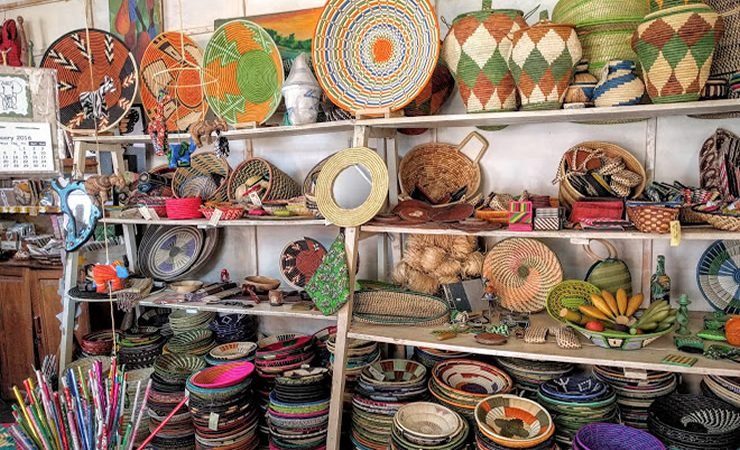
Tip 3: Support Local Businesses and Communities
One of the most powerful ways to practice responsible travel in Uganda is by supporting local livelihoods.
- Stay at locally owned lodges or eco-lodges rather than big international chains.
- Buy handmade crafts like woven baskets, carved drums, or barkcloth from artisans.
- Eat in local restaurants and try Ugandan dishes like matoke (steamed banana), posho (maize meal), or fresh tilapia from Lake Victoria.
- Join village visits and cultural exchanges where your contribution supports families directly.
When you choose local, your money stays in Uganda—funding schools, jobs, and community projects.
Tip 4: Wildlife Encounters: See but Don’t Disturb
Uganda is home to some of the world’s most incredible wildlife, from chimpanzees to shoebill storks. But it’s important to view responsibly:
- Follow the rules during gorilla or chimpanzee trekking—keep a safe distance, wear a mask if required, and never touch the animals.
- Avoid feeding wildlife, even at lodges or parks—it disrupts natural behaviors.
- Use a quiet voice and keep group sizes small to minimize stress on animals.
- Choose ethical tour operators—like Amatsiko Tours—who work with Uganda Wildlife Authority and trained rangers to ensure conservation comes first.
By being mindful, you protect the very creatures you’ve come to see.
Tip 5: Give Back—But Give Wisely
Many visitors feel moved to give something back to the communities they meet. While generosity is welcome, it’s important to do it in the right way.
- Avoid handouts to children on the roadside—it encourages dependency. Instead, donate through trusted community projects.
- Consider bringing school supplies to donate through organized visits (Amatsiko Preparatory School always welcomes such support).
- Share your skills and time—volunteering or teaching can have lasting impact.
- Support community initiatives like Buzaniro Dream Village, where tourism funds clean water, women’s groups, and sustainable farming.
Giving responsibly ensures your help builds long-term change.

A Responsible Traveler’s Day in Uganda
Picture this: You wake up in a solar-powered eco-lodge overlooking Lake Bunyonyi. After breakfast of fresh pineapple and chapati, you walk to a nearby village for a basket-weaving workshop with local women. Later, you trek into Bwindi, guided by a Uganda Wildlife Authority ranger, keeping your distance as a silverback gorilla watches his family.
In the evening, you join children from Amatsiko Preparatory School for dancing and drumming. Laughter fills the air as cultures meet in harmony.
This is what responsible travel in Uganda looks like—connection, respect, and hope.
Why Travel with Amatsiko Tours
At Amatsiko Tours, every journey is built on the belief that travel should change lives. Our guests not only experience Uganda’s beauty but also directly support conservation, education, and community development.
When you travel with us, you’re not just a tourist—you’re part of a story of hope.
Travel responsibly. Discover Uganda. Leave a legacy.
FAQs: Responsible Travel in Uganda
Q: What does responsible travel in Uganda mean?
A: It means traveling in ways that protect wildlife, respect culture, and support local communities.
Q: How can I reduce my impact as a traveler?
A: Carry reusable items, avoid single-use plastics, support local businesses, and follow park guidelines during safaris and treks.
Q: Can I volunteer while visiting Uganda?
A: Yes. Amatsiko Tours arranges ethical volunteering opportunities, including teaching, school visits, and community projects.
Q: Is it okay to give money to children I meet?
A: It’s better to give through organized community projects or schools, ensuring support goes where it’s needed most.
Q: Are eco-lodges widely available in Uganda?
A: Yes, especially near Lake Bunyonyi, Bwindi, and Queen Elizabeth National Park. Many lodges use solar energy and employ local staff.

